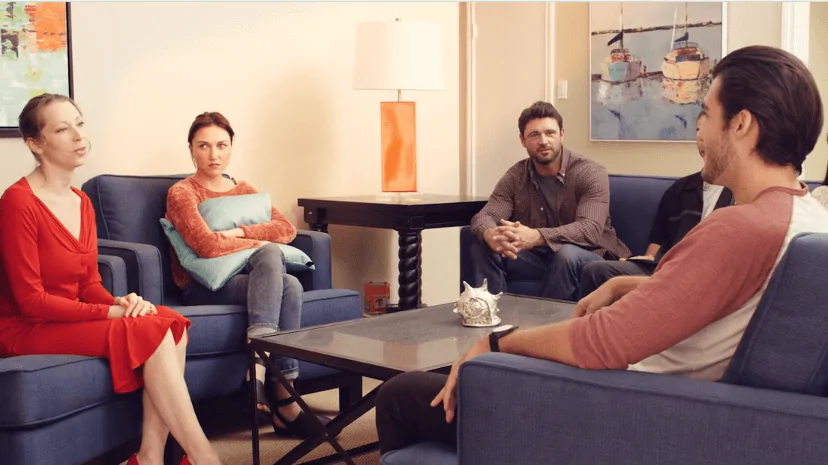24/7 Helpline:
(866) 899-221924/7 Helpline:
(866) 899-2219
Learn more about OCD Treatment centers in Big Sandy
OCD Treatment in Other Cities

Other Insurance Options

Highmark

CareFirst

GEHA

Anthem

Health Partners

Oxford

Meritain

Health Net

BlueShield

Horizon Healthcare Service

Self-pay options

MHNNet Behavioral Health

BHS | Behavioral Health Systems

Providence

WellPoint

Excellus

UnitedHealth Group

UMR

Optum

ComPsych




Wellness Pointe
Wellness Pointe is a Federally Qualified Health Center that provides behavioral health services for ...

Community Healthcore
Community Healthcore offers drug and alcohol addiction rehabilitation along with helping families co...























